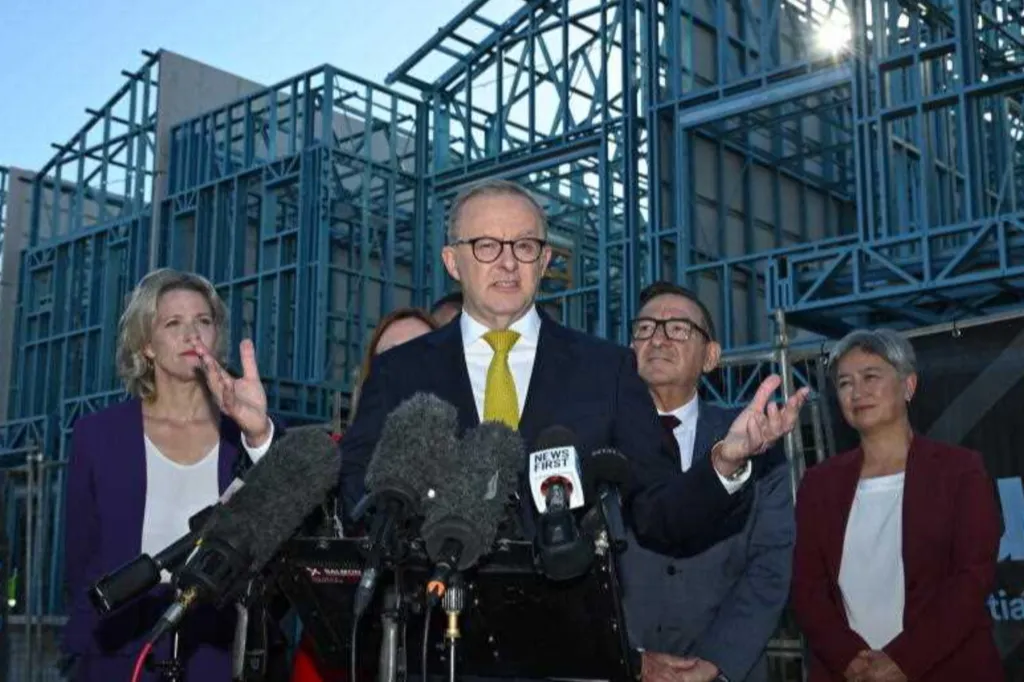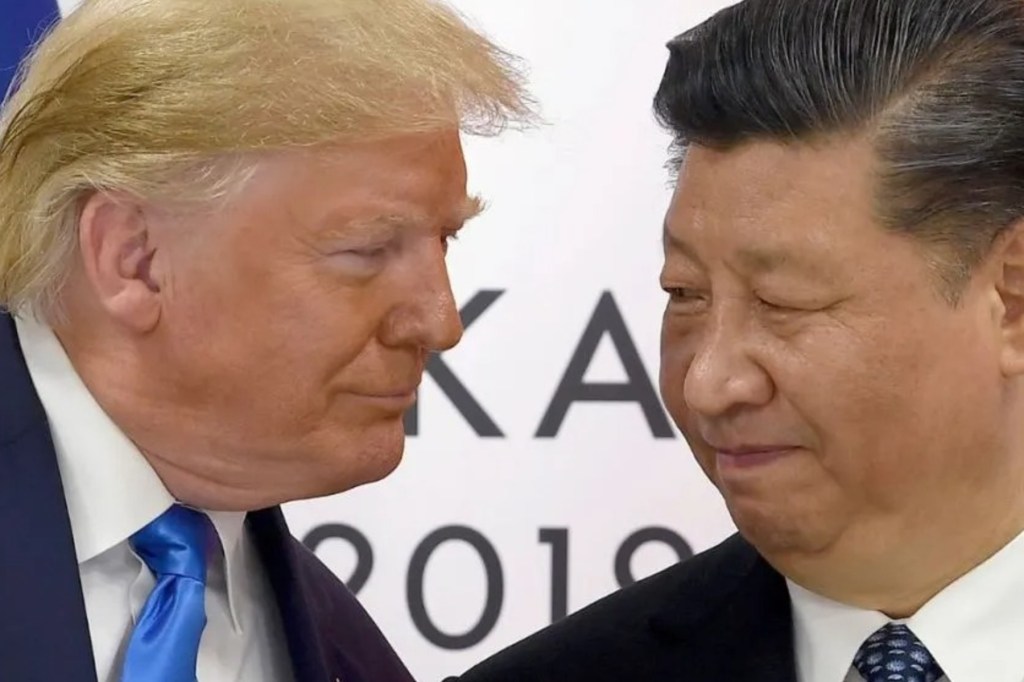Labor’s industrial relations laws will address inequality if given time to be implemented

The Albanese government’s industrial relations reforms enacted between 2022 and 2024 will go some way to addressing inequality in Australia if they are implemented over a significant period of time.
The reforms are designed to rebalance industrial relations in Australia and shift precarious workers to more secure work.
Taken together, precarious workers comprise at least a third of the workforce, which means their low wages and insecure conditions are a key reason for stark social inequalities manifesting in the cost-of-living crisis.
The effect of Labor’s reforms, however, is yet to be fully realised because most rely on giving the Fair Work Commission time to formulate new work standards, and improve existing ones, while giving unions and workers time to organise around them.
Yet a Dutton-led Coalition has stated its commitment to dismantling some or all of these laws before even giving them a chance to succeed.
Precarious workers are those involved in temporary, casual or part-time jobs, agency work, labour hire, multiple jobholding, contracting/self-employment and gig/platform work.
You might like
These forms of work have steadily eroded secure employment and social inequality since the 1980s. Yet in a single term, the Albanese government has substantially addressed each form of precarity in the following ways:
- Casual employment: Amending the definition of casual workers to ensure against long-term casual employment.
- Temporary or fixed-term employment: Prohibiting fixed-term employment contracts of two years or more to encourage employers to offer continuing employment instead.
- Wage underpayment: Criminalising ‘wage theft’.
- Labour Hire: Empowering the FWC to order that labour hire workers to receive equal pay to other workers on-site – these laws have already led to some labour hire workers in the mining industry receiving substantial pay rises as a result.
- Independent contracting: legislating a definition of ‘employment’ to ensure against sham contracting (requiring employers to pay minimum rates of pay and entitlements).
- Gig economy: extending minimum rates of pay and conditions to independent contractors who perform ‘platform work’ (e.g. Uber X, UberEats, Menulog, etc), while providing these workers with collective bargaining rights.
In addition, the government has strengthened collective bargaining laws to provide for multi-employer (as opposed to single-employer) bargaining.
This is a potentially significant change for precarious workers because it means that more of them may be provided with site-rates or same job, same pay conditions in collective agreements.
Similarly, the government has encouraged collective bargaining among precarious and low-paid workers through a ‘supported bargaining stream’, with streamlined provisions to approve union-negotiated agreements for these workers, and simplified processes extending these conditions to other large employers of low-paid and precarious workers.
Finally, the recent laws introduce rights and protections for union workplace delegates (shop stewards), enabling them to negotiate better pay and job security for low-paid and precarious workers.
Stay informed, daily
These are significant changes that the authors of academic studies, such as Professor Michael Quinlan, have been calling on for decades to address precarious work and inequality.
As the ACTU demonstrated in February, these changes have reduced precarious employment by more than 1 per cent, creating 250,000 more secure jobs in 18 months. But the nature of systemic change to the labour market is longitudinal.
Organising workers takes time. Enterprise bargaining, for instance, is conducted according to strict timelines, with negotiation of new agreements (taking advantage of the new laws) possible only three years after the negotiation of the last agreement.
These laws will need significantly longer on the statute books to take effect. And standards, for some of the most exploited workers in the country – digital labour platform workers – are under way but yet to be formulated by the FWC.
Although Labor has closed the main legal loopholes used to deny workers secure jobs and incomes, the government needs to do more to address inequality and address the concerns of working people.
It was revealed last week that social inequality has risen to a 20-year high.
Clearly, urgent and additional cost-of-living relief is required.
In addition to free childcare – proposed by Labor – steps must be taken to make a genuine commitment to public housing supported by more progressive tax, supermarket pricing regulation, expansion of its manufacturing and industry policy, state-ownership of critical infrastructure (banking, telecommunications and electricity).
This should be tied to further ‘industrial democracy’ measures to promote workers’ voice in large companies and to ensure human input into the use of AI in the workplace, and public procurement policy to promote labour standards in government supply chains.
Social inequality is not expected to decline under a Coalition that has condemned Labor’s industrial laws and vowed to repeal them (particularly those relating to the definition of casual employment).
Dr Eugene Schofield-Georgeson is a senior lecturer and Dr Michael Rawling is an associate professor at the UTS Faculty of Law




